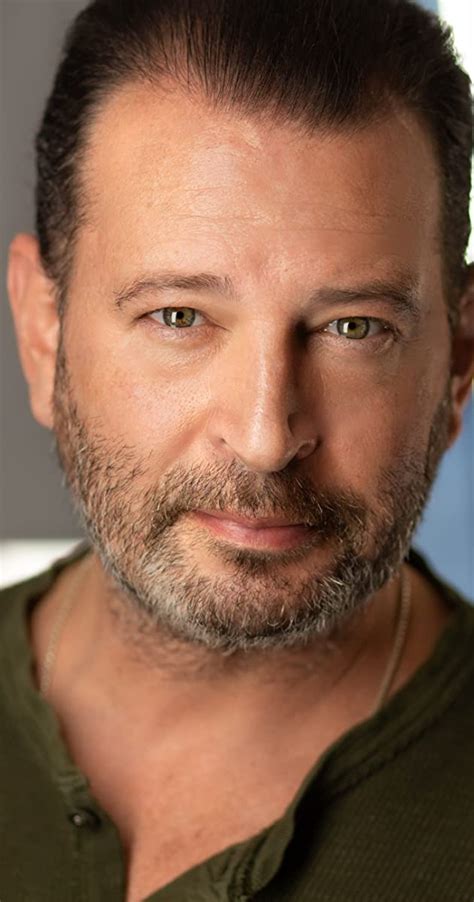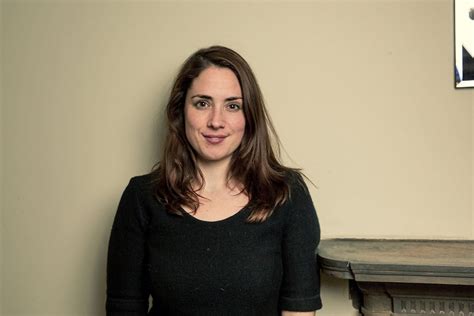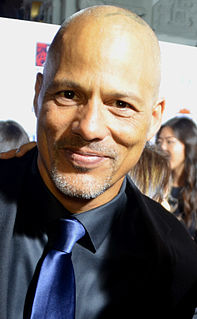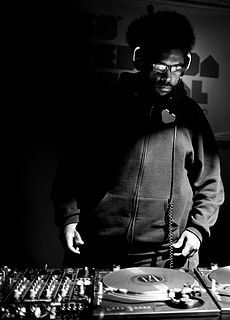A Quote by Christian Keiber
When I set out to write a screenplay, I have in my mind a beginning and an end but that end part continually changes as I start to write the middle. That way by the time the screenplay is finished I have taken myself and my audience from a familiar beginning point through the story to an unfamiliar ending point.
Related Quotes
If the point of life is the same as the point of a story, the point of life is character transformation. If I got any comfort as I set out on my first story, it was that in nearly every story, the protagonist is transformed. He's a jerk at the beginning and nice at the end, or a coward at the beginning and brave at the end. If the character doesn't change, the story hasn't happened yet. And if story is derived from real life, if story is just condensed version of life then life itself may be designed to change us so that we evolve from one kind of person to another.
I let myself go at the beginning and write with an easy mind, but by the time I get to the middle I begin to grow timid and to fear my story will be too long. . .That is why the beginning of my stories is always very promising and looks as though I were starting on a novel, and the middle is huddled and timid, and the end is...like fireworks.
Every ending is arbitrary, because the end is where you write The end. A period, a dot of punctuation, a point of stasis. A pinprick in the paper: you could put your eye to it and see through, to the other side, to the beginning of something else. Or, as Tony says to her students, Time is not a solid, like wood, but a fluid, like water or the wind. It doesn't come neatly cut into even-sized length, into decades and centuries. Nevertheless, for our purposes we have to pretend it does. The end of any history is a lie in which we all agree to conspire.
What I'm slowly realizing is that I believe that most of us felt that we could relax a little bit after November 2, 2008, because of the progress and the spirit that it took to get Barack Obama in The White House. And what we didn't realize, is that was really the beginning. That was really the beginning of the struggle and not the end of a struggle, to come from colonial times through slavery, through the Jim Crowe Laws, through the civil rights period to The White House as, like a point A/point B journey. Point B of course being the end.
Man no longer lives in the beginning--he has lost the beginning. Now he finds he is in the middle, knowing neither the end nor the beginning, and yet knowing that he is in the middle, coming from the beginning and going towards the end. He sees that his life is determined by these two facets, of which he knows only that he does not know them
A love affair is like a short story--it has a beginning, a middle, and an end. The beginning was easy, the middle might drag, invaded by commonplace, but the end, instead of being decisive and well knit with that element of revelatory surprise as a well-written story should be, it usually dissipated in a succession of messy and humiliating anticlimaxes.































